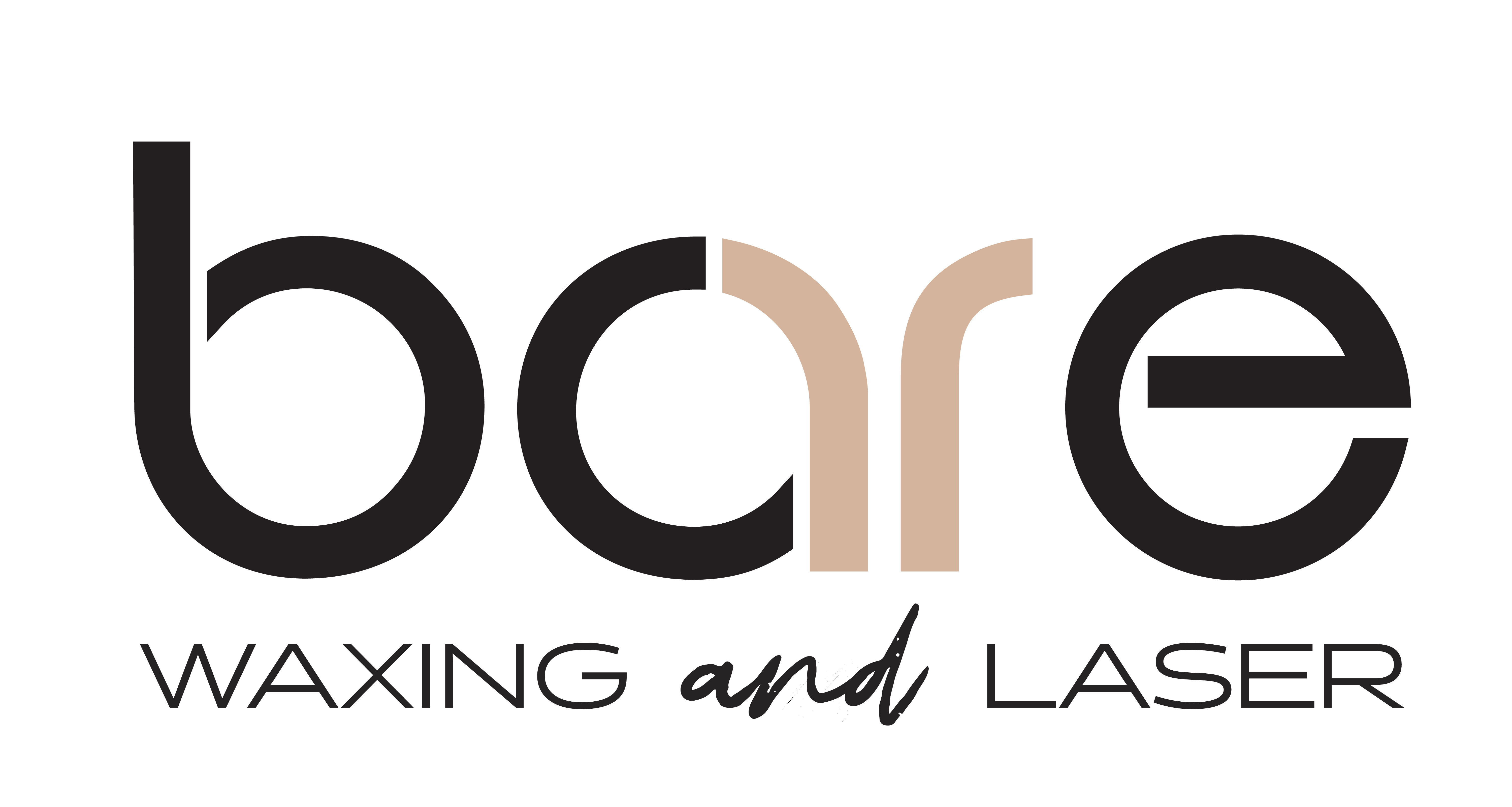Unwanted hair can be a hassle to deal with, but fortunately, there are effective hair removal methods available. Two popular options are electrolysis vs. laser hair removal treatments.
Both methods offer long-term hair reduction, but they work differently and have distinct advantages. So, what is the difference between electrolysis and laser hair removal?
In this article, we will decode these hair removal methods, helping you understand the differences and determine which one is right for you. Before understanding the difference between electrolysis and laser hair removal, let’s take a look at how they work.
Electrolysis: The Permanent Hair Removal Solution
Electrolysis is a tried-and-true method for permanent hair removal. Is electrolysis better than laser hair removal? It involves inserting a tiny probe into each hair follicle, and then applying an electric current to destroy the follicle’s ability to produce new hair.
Here’s what you need to know about electrolysis:
- Effectiveness: Electrolysis is considered the only permanent hair removal method approved by the FDA. It can effectively remove hair from any part of the body, regardless of hair color or texture.
- Precision: Electrolysis treats individual hair follicles one at a time, making it highly precise. This ensures that only unwanted hair is targeted while leaving the surrounding skin unharmed.
- Suitability: Electrolysis is a suitable option for individuals with light or fine hair that may not respond well to other methods like laser hair removal. It is also a preferred choice for smaller areas or specific facial areas.
- Time Commitment: Electrolysis is a time-consuming process. The number of sessions required depends on factors such as the amount of hair to be treated, the size of the area, and the individual’s hair growth cycle. Multiple sessions are typically needed to achieve permanent results.
Laser Hair Removal: The Non-Invasive Hair Reduction Method
Laser hair removal is a popular choice for long-term hair reduction. It works by targeting the hair follicles with concentrated light energy, heating and damaging them to inhibit future hair growth. Here are the key points about laser treatments:
- Effectiveness: Laser hair removal offers long-lasting hair reduction, but it may not guarantee permanent removal. It is most effective for individuals with darker hair and lighter skin tones, as the laser targets the pigment in the hair follicle.
- Speed: Laser hair removal is relatively quick compared to electrolysis. The laser can treat multiple hair follicles simultaneously, making it suitable for larger areas like the legs, back, or chest.
- Comfort: Laser hair removal is generally more comfortable than electrolysis. The sensation is often described as a mild stinging or snapping feeling, but it is well-tolerated by most individuals.
- Number of Sessions: Multiple sessions are required for laser hair removal to target hair follicles in different growth cycles. The exact number of sessions varies depending on factors such as hair thickness, color, and individual response to the treatment.
- Suitability: Laser hair removal is suitable for larger areas and individuals who desire significant hair reduction but may not need or want permanent removal.
Now that we know what’s the difference between laser hair removal and electrolysis, let’s move on to the essential factors in choosing the right method.
Choosing the Right Method for You
When deciding between electrolysis versus laser hair removal, consider the following factors:
- Hair Color and Skin Tone: Laser hair removal works best for individuals with darker hair and lighter skin tones, while electrolysis is effective for all hair colors and skin tones.
- Treatment Area: Electrolysis is suitable for smaller areas and specific facial areas, while laser hair removal is more efficient for larger body areas.
- Time Commitment: Electrolysis requires more sessions due to its focus on individual hair follicles, while laser hair removal typically requires fewer sessions.
- Desired Outcome: If you desire permanent hair removal, electrolysis is the ideal choice. If you seek long-lasting hair reduction without necessarily aiming for permanent removal, laser hair removal may be the better option.
Consulting with a qualified professional in Bare Waxing and Laser is essential to determine the most suitable hair removal method for your specific needs and goals. They can assess your hair and skin characteristics, discuss your expectations, and recommend the best approach to achieve your desired outcome.
Frequently Asked Questions
Here are some commonly asked questions about electrolysis and laser hair removal:
1. Is electrolysis painful?
Electrolysis may cause some discomfort, as it involves inserting a tiny probe into each hair follicle. However, most individuals tolerate the sensation well, and modern techniques and numbing creams can help minimize any discomfort.
2. Does laser hair removal work on all skin tones?
Leg laser hair removal works best on individuals with lighter skin tones and darker hair colors. The laser targets the pigment in the hair follicle, so individuals with lighter hair or those with very dark skin tones may not experience optimal results. However, advancements in technology have made laser hair removal more effective for a wider range of skin tones.
3. How many sessions are needed for permanent hair removal with electrolysis?
The number of electrolysis sessions required for permanent hair removal varies depending on factors such as the size of the treatment area, hair density, and individual hair growth patterns. Multiple sessions are typically needed, spaced several weeks apart, to target hair follicles in different growth cycles and achieve permanent results.
4. Can laser hair removal be performed on any part of the body?
Laser hair removal can be performed on most areas of the body, including the legs, back, chest, bikini area, and face. However, it’s important to consult with a professional to ensure the treatment is suitable for the specific area you wish to target.
5. How long do the results of laser hair removal last?
The results of laser hair removal can vary depending on factors such as hair type, individual response to treatment, and hormonal changes. While laser hair removal offers long-lasting hair reduction, it may not guarantee permanent removal. Maintenance sessions may be needed over time to target any regrowth and maintain the desired results.
Book an Appointment Today
Decoding the differences between electrolysis and laser hair removal empowers you to make an informed decision about which method is right for you. Whether you opt for electrolysis and its permanent hair removal benefits or choose laser hair removal for its non-invasive and efficient hair reduction, both options offer effective solutions to help you achieve your desired results.
Consult with a reputable clinic or spa offering these services to discuss your goals and concerns. At Bare Waxing and Laser, we will guide you in selecting the most appropriate method based on your unique hair and skin characteristics, ensuring you embark on a successful hair removal journey. Book an appointment today!

